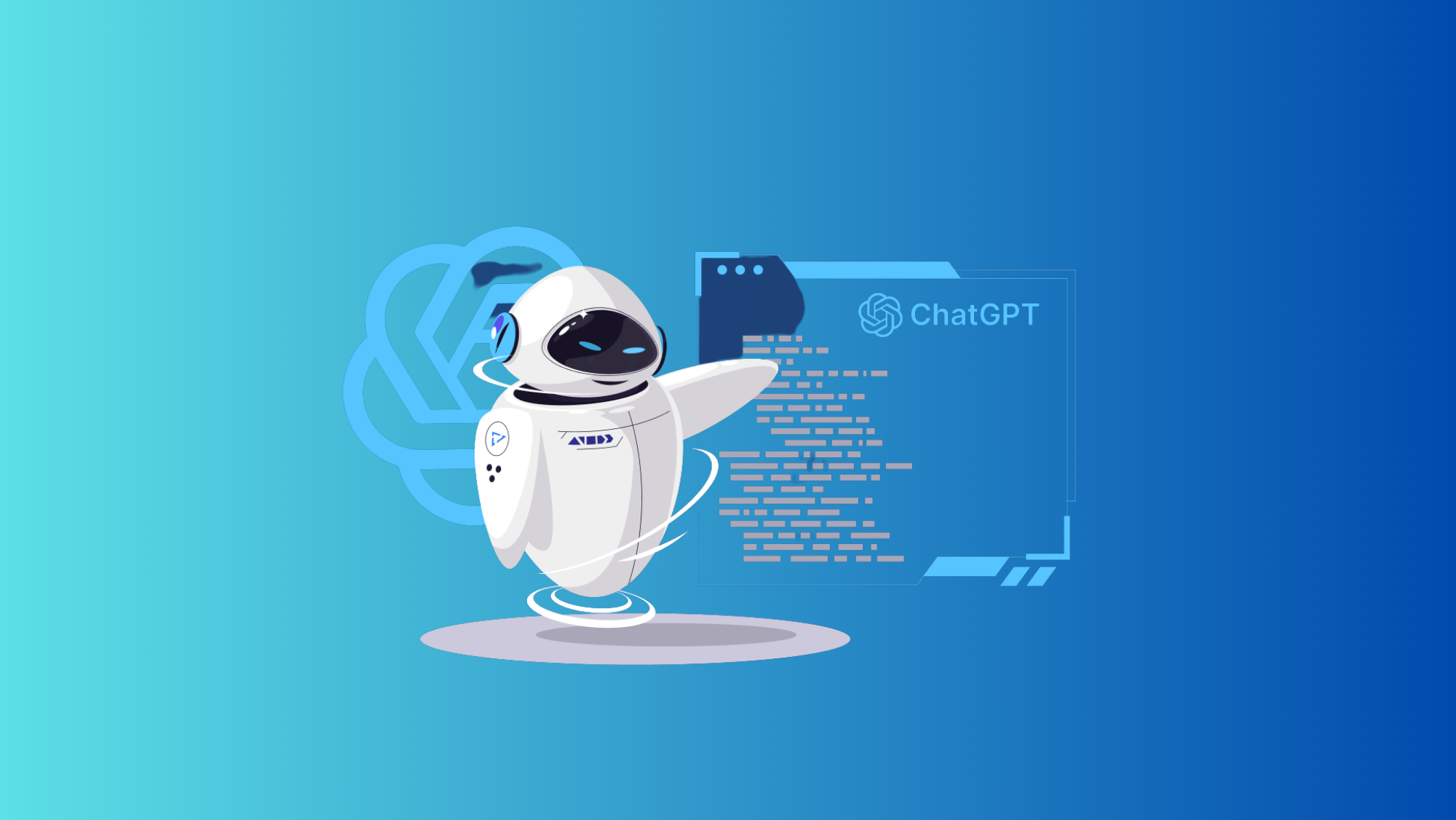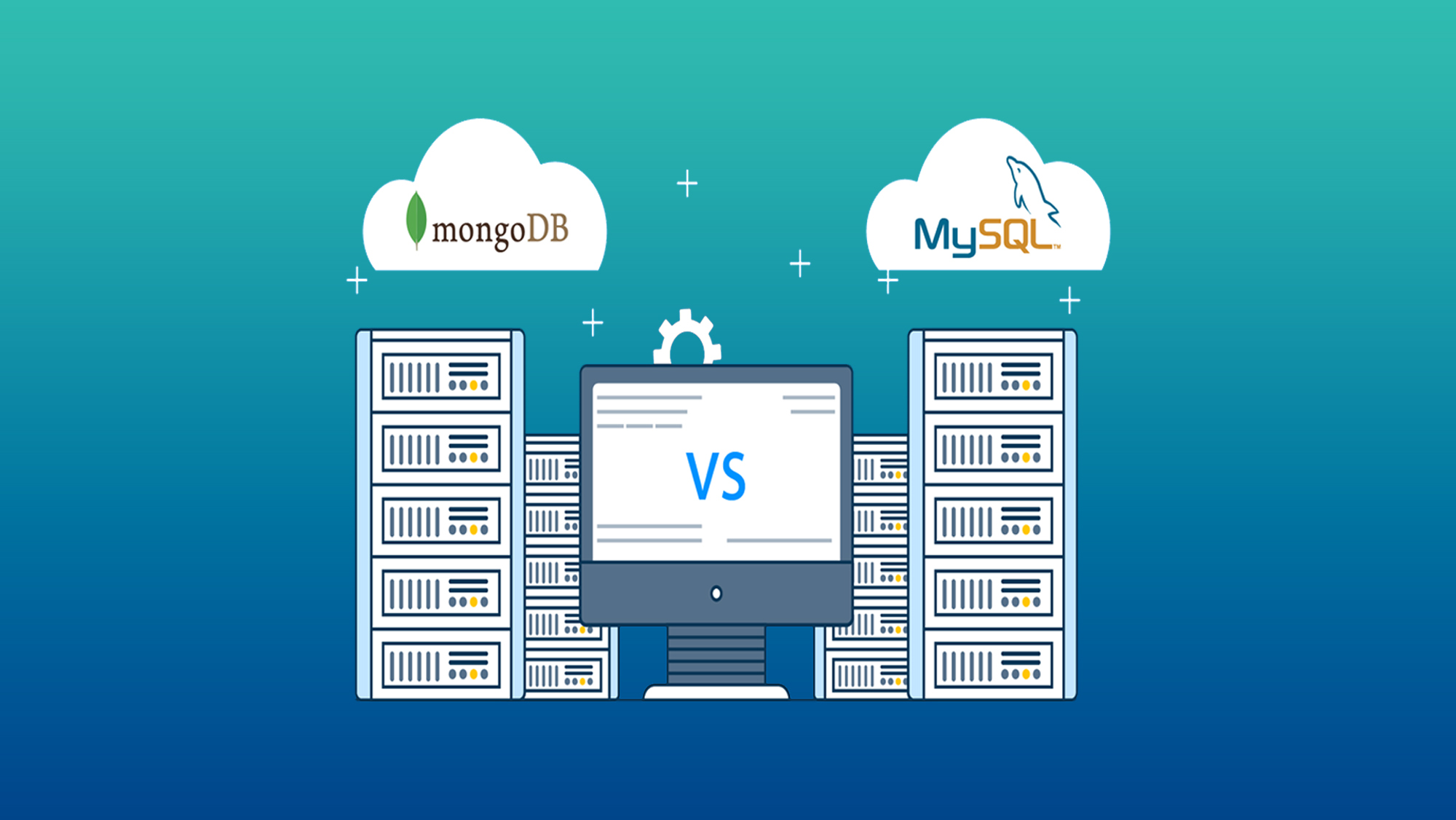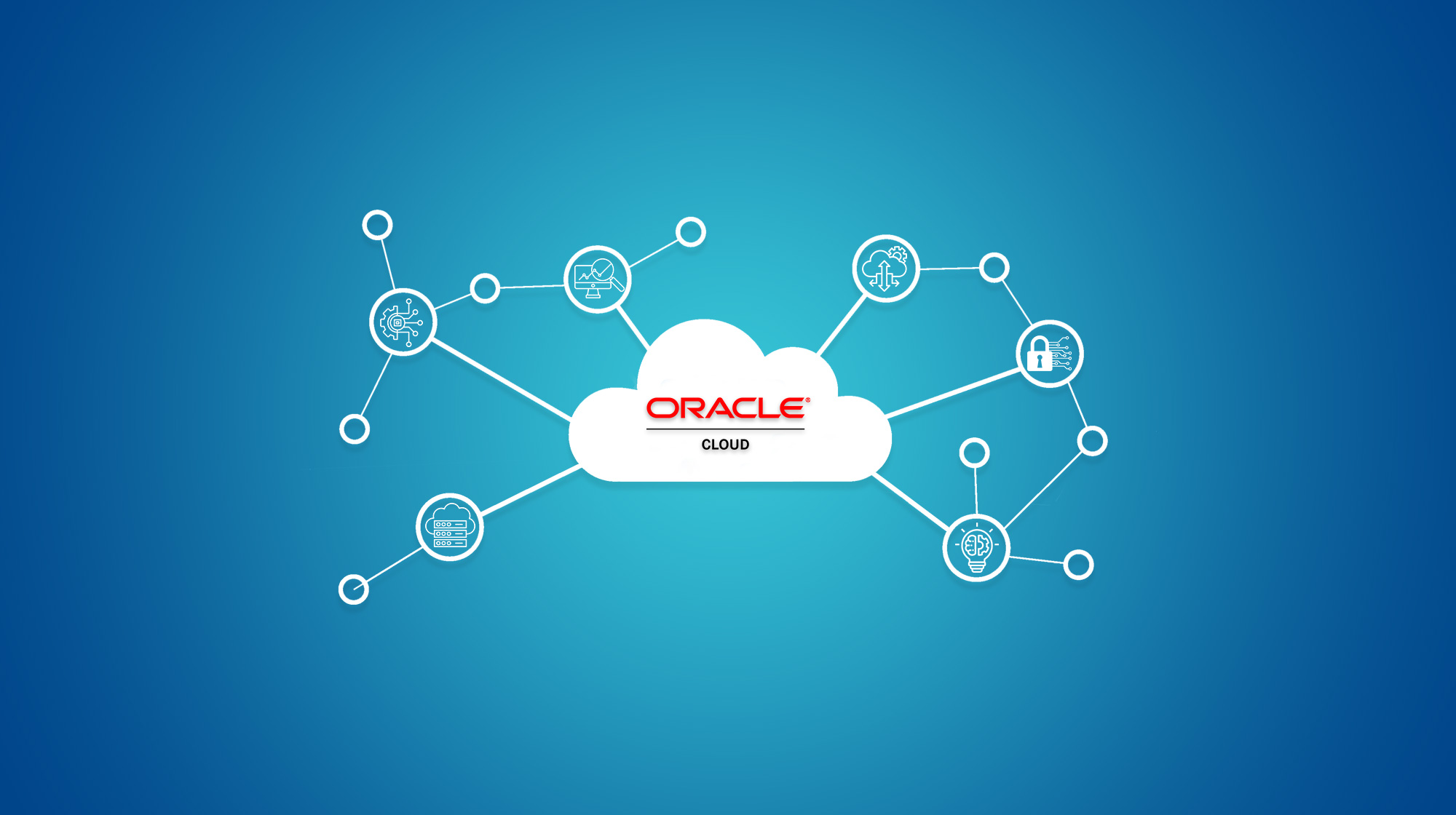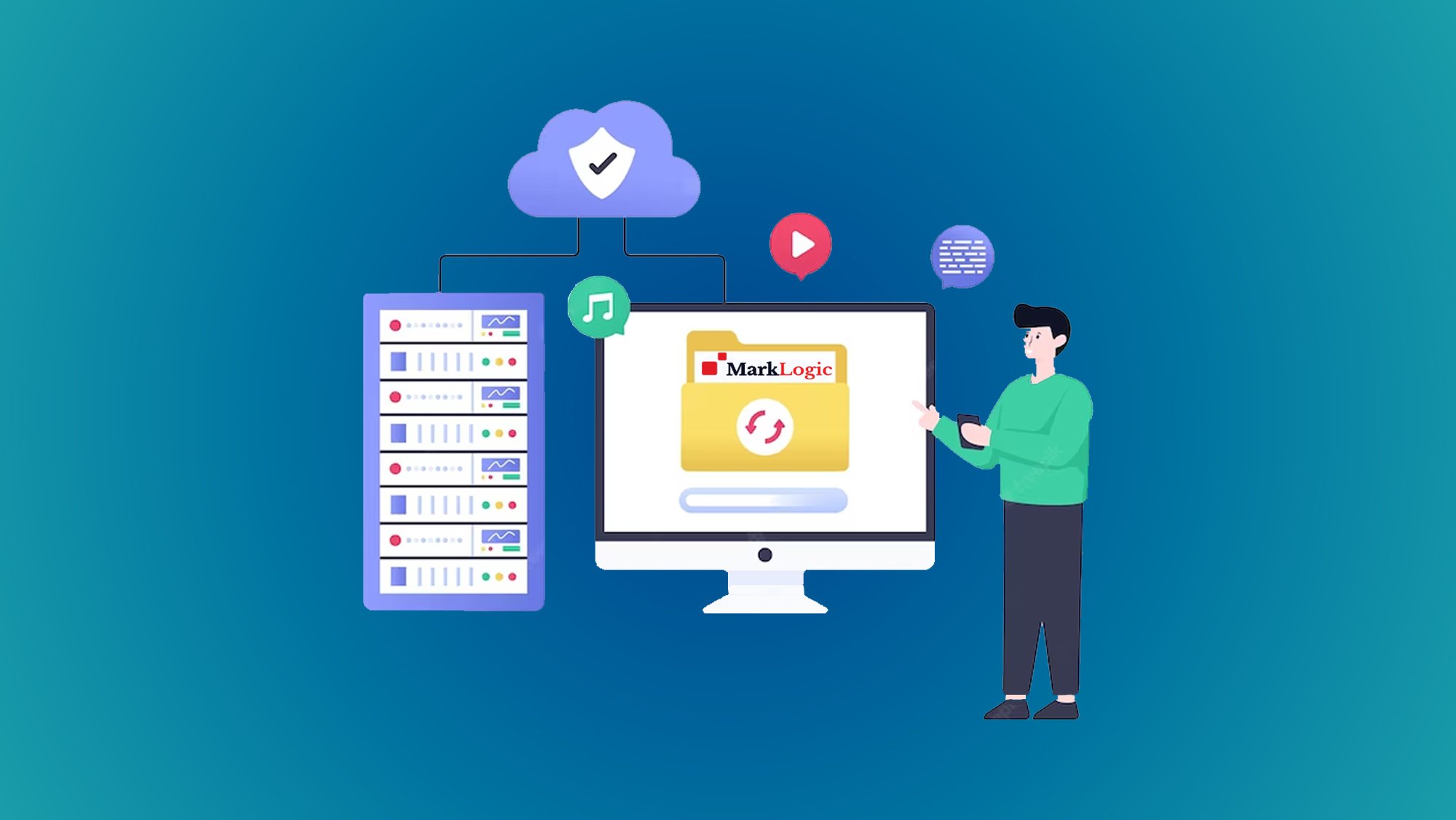Demystifying MarkLogic: A Comprehensive Guide to NoSQL Power
Introduction:
In the world of databases, MarkLogic stands out as a powerful NoSQL platform that offers exceptional capabilities for managing and leveraging complex data. However, understanding and harnessing the full potential of MarkLogic can be a daunting task for beginners. In this comprehensive guide, we aim to demystify MarkLogic and provide you with the knowledge and insights needed to navigate and harness the power of this cutting-edge NoSQL database platform.
1. Understanding the Fundamentals of MarkLogic:
We begin by introducing the fundamental concepts of MarkLogic, explaining its architecture, and highlighting the key features that set it apart from traditional relational databases. We explore the document-oriented nature of MarkLogic, its flexible data model, and how it enables efficient handling of structured, semi-structured, and unstructured data.
2. Data Modeling in MarkLogic:
Effective data modeling is crucial for optimizing the performance and scalability of any database. We delve into the best practices and strategies for data modeling in MarkLogic, including designing document structures, defining collections and indexes, and managing data relationships. You'll learn how to structure your data to ensure efficient retrieval and query performance.
3. Querying and Search Capabilities:
MarkLogic's advanced querying and search capabilities make it a standout platform. We dive into the Query Console, exploring various query options, and showcasing how to perform full-text searches, complex queries, and faceted navigation. We also discuss leveraging indexes and utilizing MarkLogic's built-in search features to unlock valuable insights from your data.
4. Data Integration and Ingestion:
Seamless integration of data from diverse sources is a critical aspect of any database platform. We walk you through the process of data integration and ingestion in MarkLogic, covering techniques such as data ingestion from files, databases, and streaming sources. You'll learn about MarkLogic's APIs, connectors, and tools that simplify the integration process.
5. Advanced Features and Use Cases:
MarkLogic offers a rich set of advanced features that extend beyond traditional database functionalities. We explore features like geospatial indexing, semantic search, and real-time analytics, providing insights into how these capabilities can be harnessed to solve complex business problems. We also showcase real-world use cases where MarkLogic shines in industries such as finance, healthcare, and media.
6. Security and Governance:
Data security and governance are paramount concerns in today's data-driven world. We discuss the robust security features offered by MarkLogic, including access controls, encryption, and auditing capabilities. Additionally, we delve into governance practices like managing permissions, user roles, and compliance requirements, ensuring the integrity and confidentiality of your data.
7. Application Development and Best Practices:
Building applications on MarkLogic requires a solid understanding of its APIs, SDKs, and development best practices. We provide insights into developing robust applications, including data integration, data transformation, and performance optimization techniques. You'll gain practical tips and strategies to ensure efficient and scalable application development on the MarkLogic platform.
Conclusion:
MarkLogic is a powerful NoSQL database platform that can revolutionize the way organizations handle and leverage complex data. By demystifying the core concepts, capabilities, and best practices, this comprehensive guide equips you with the knowledge and tools necessary to unlock the full potential of MarkLogic. Whether you are a database professional, developer, or data enthusiast, this guide will help you harness the power of MarkLogic and drive innovation in your data-driven initiatives.
You May Also Like
These Related Stories

Will ChatGPT Take Your Job?

MongoDB Vs Traditional Databases: Why MongoDB is the Future




No Comments Yet
Let us know what you think